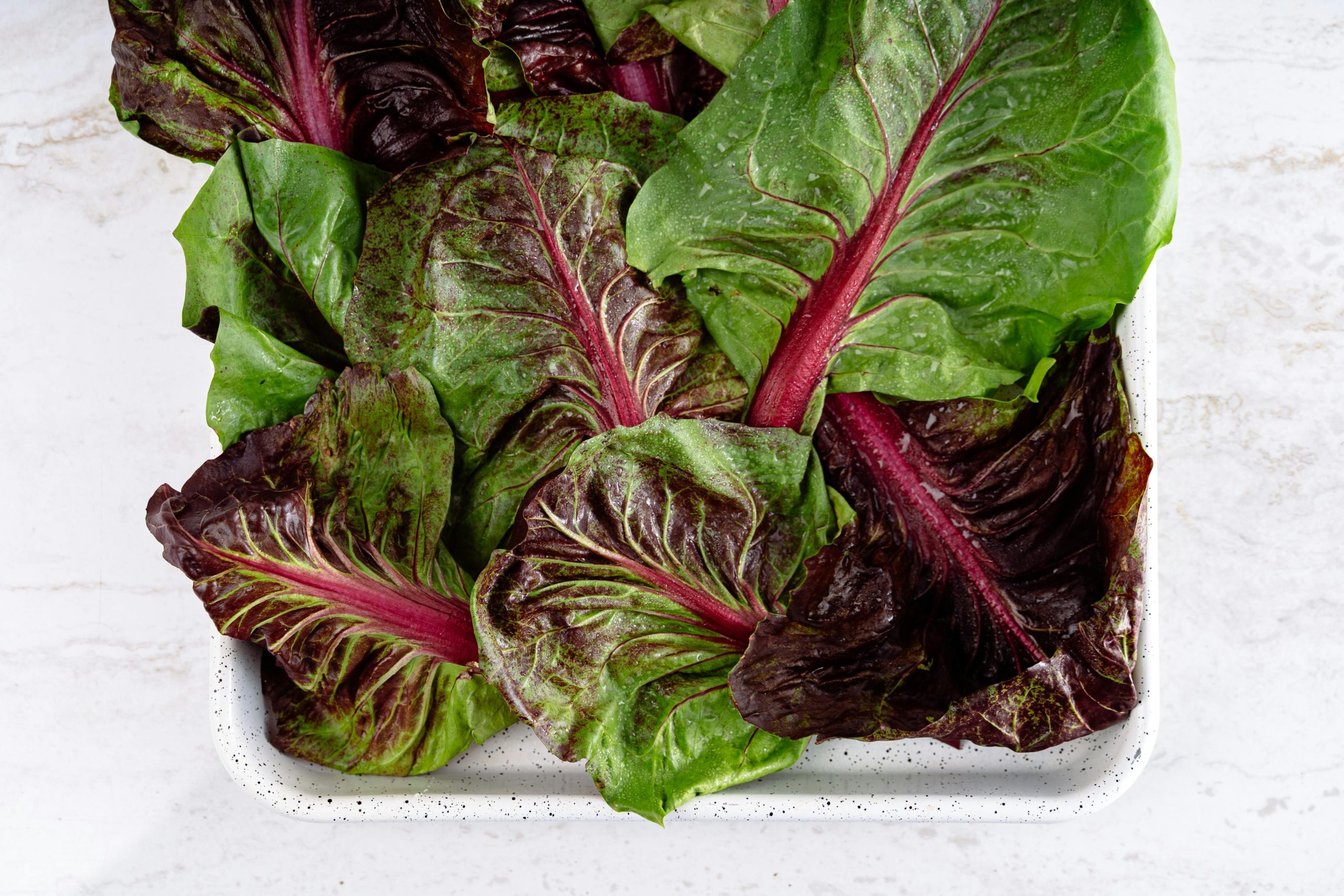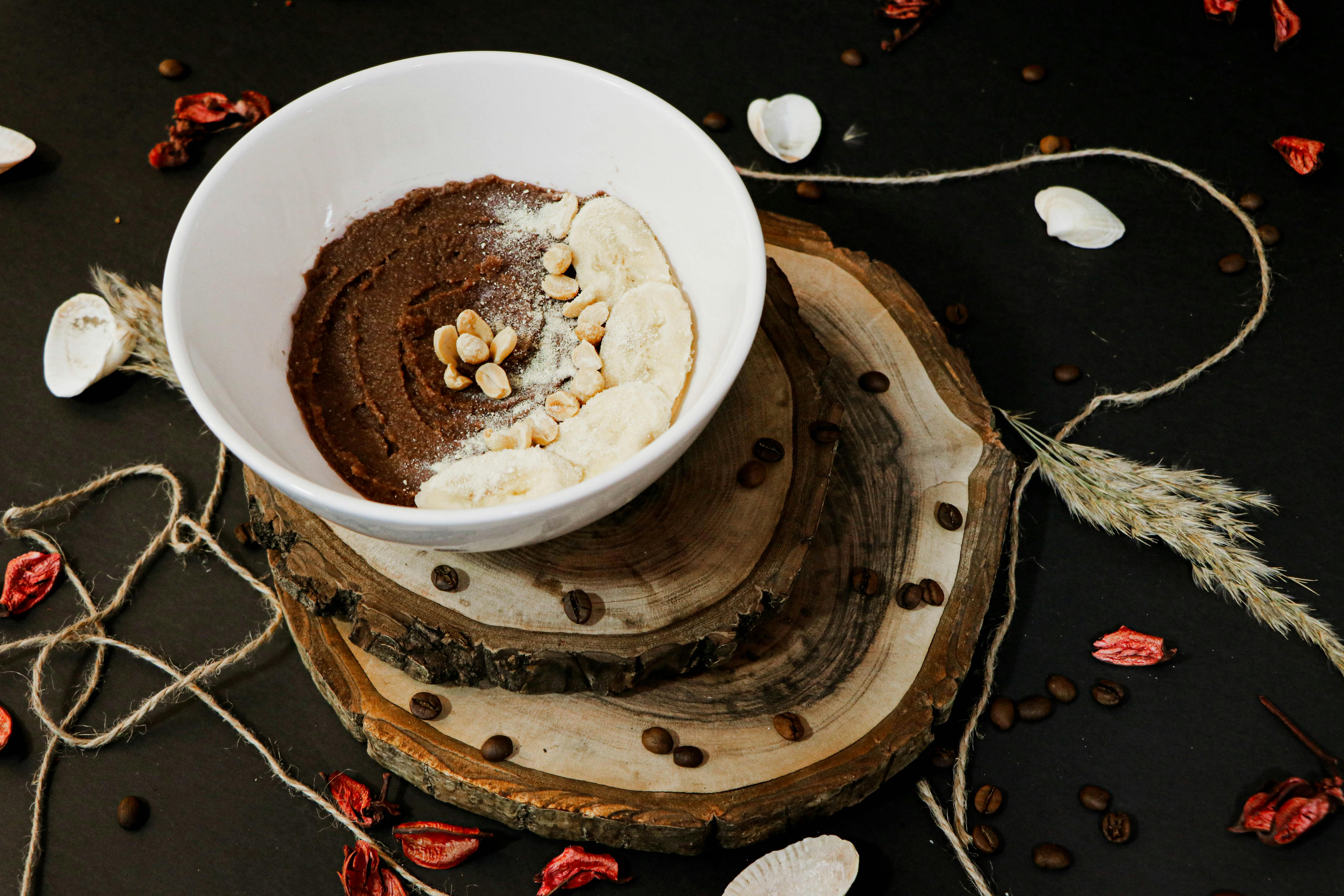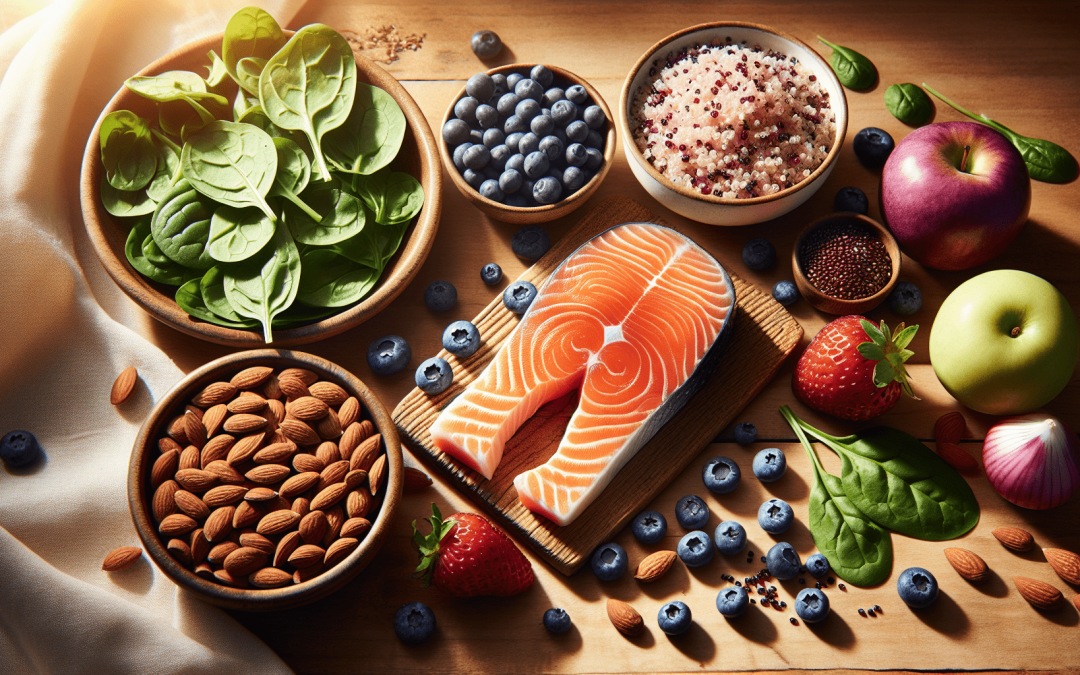Have you ever wondered what foods you should be incorporating into your diet to ensure you are getting the necessary nutrients your body needs to thrive? Making healthier food choices can seem overwhelming at times, but it doesn’t have to be. By focusing on incorporating nutrient-dense foods into your meals, you can easily improve your overall health and well-being. Here are 10 nutrient-dense foods that you should consider adding to your diet to promote a healthier lifestyle.

What are Nutrient Dense Foods?
Nutrient-dense foods are foods that provide a high amount of vitamins, minerals, and other beneficial nutrients for relatively few calories. These foods are rich in essential nutrients that are important for maintaining overall health and well-being. By incorporating more of these foods into your diet, you can ensure that you are getting the necessary nutrients your body needs to function at its best.
Why are Nutrient Dense Foods Important?
Nutrient-dense foods are important because they provide the essential nutrients that your body needs to function properly. By consuming these foods, you can ensure that you are getting the vitamins, minerals, and other nutrients that your body needs to stay healthy and strong. Additionally, nutrient-dense foods can help you maintain a healthy weight, boost your energy levels, and reduce your risk of chronic diseases.
10 Nutrient Dense Foods for a Healthy Diet
1. Spinach
Spinach is a leafy green vegetable that is packed with essential nutrients such as vitamins A, C, and K, as well as iron, magnesium, and folate. This nutrient-dense powerhouse is low in calories but high in antioxidants, which can help protect your body from harmful free radicals. Spinach is versatile and can be easily added to salads, smoothies, soups, and stir-fries for an added nutritional boost.
2. Salmon
Salmon is a fatty fish that is rich in omega-3 fatty acids, which are essential for brain health, heart health, and overall well-being. In addition to omega-3s, salmon is also a great source of protein, vitamin D, and selenium. Including salmon in your diet can help reduce inflammation, improve heart health, and support healthy brain function.
3. Blueberries
Blueberries are a delicious and nutrient-dense fruit that is loaded with antioxidants, fiber, and vitamins C and K. These tiny fruits are known for their anti-inflammatory properties and can help protect your body against chronic diseases such as heart disease and cancer. Blueberries are a great addition to smoothies, yogurt, oatmeal, and salads for a sweet and nutritious boost.
4. Quinoa
Quinoa is a gluten-free whole grain that is rich in protein, fiber, and essential vitamins and minerals. This nutrient-dense grain is a great source of plant-based protein and can help support muscle growth and repair. Quinoa is also a good source of iron, magnesium, and zinc, making it a great addition to a balanced and healthy diet.
5. Almonds
Almonds are a nutritious nut that is packed with healthy fats, fiber, protein, and vitamins and minerals. These crunchy nuts are a great source of antioxidants, which can help reduce inflammation and protect your cells from damage. Almonds are a convenient and portable snack that can be enjoyed on their own or added to salads, oatmeal, and yogurt for added crunch and nutrition.
6. Sweet Potatoes
Sweet potatoes are a starchy vegetable that is rich in vitamins A and C, fiber, and antioxidants. These nutrient-dense vegetables are low in calories but high in essential nutrients that can help support a healthy immune system and promote gut health. Sweet potatoes can be roasted, mashed, baked, or grilled and are a great addition to any meal.
7. Greek Yogurt
Greek yogurt is a creamy and tangy dairy product that is rich in protein, calcium, and probiotics. This nutrient-dense food is a great source of protein, which is essential for muscle growth, repair, and maintenance. Greek yogurt is also a good source of calcium, which is important for bone health. Enjoy Greek yogurt on its own, or add it to smoothies, parfaits, and sauces for added creaminess and nutrition.
8. Kale
Kale is a leafy green vegetable that is packed with essential nutrients such as vitamins A, C, and K, as well as calcium, fiber, and antioxidants. This nutrient-dense powerhouse is low in calories but high in beneficial nutrients that can help support a healthy heart, strong bones, and a robust immune system. Kale can be enjoyed raw in salads, sautéed in stir-fries, or blended into smoothies for added nutrition.
9. Chia Seeds
Chia seeds are tiny seeds that are packed with fiber, protein, omega-3 fatty acids, and antioxidants. These nutrient-dense seeds can help support digestion, heart health, and weight management. Chia seeds can be added to smoothies, oatmeal, yogurt, and baked goods for an added nutritional boost.
10. Lentils
Lentils are a legume that is rich in plant-based protein, fiber, iron, and folate. These nutrient-dense legumes can help support muscle growth, promote healthy digestion, and reduce your risk of chronic diseases such as heart disease and diabetes. Lentils can be added to soups, stews, salads, and casseroles for a hearty and nutritious meal.

Conclusion
Incorporating more nutrient-dense foods into your diet is a simple and effective way to improve your overall health and well-being. By focusing on consuming foods that are rich in essential vitamins, minerals, and other nutrients, you can ensure that you are providing your body with the fuel it needs to thrive. Try adding some of the nutrient-dense foods mentioned above to your meals to boost your energy levels, support your immune system, and reduce your risk of chronic diseases. Your body will thank you for it!







